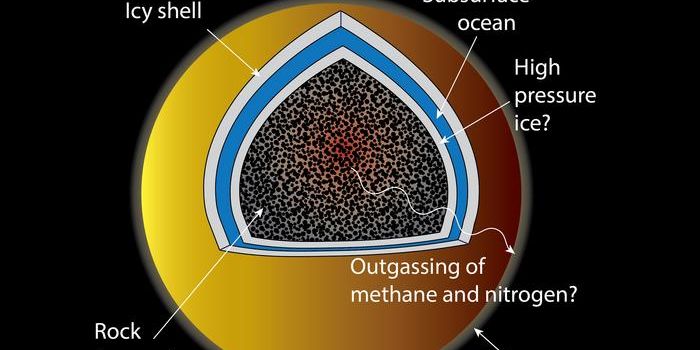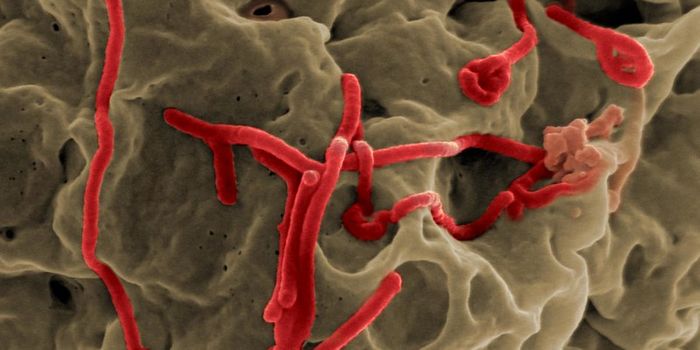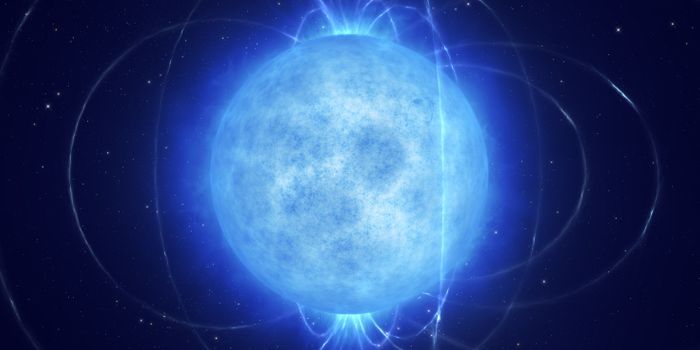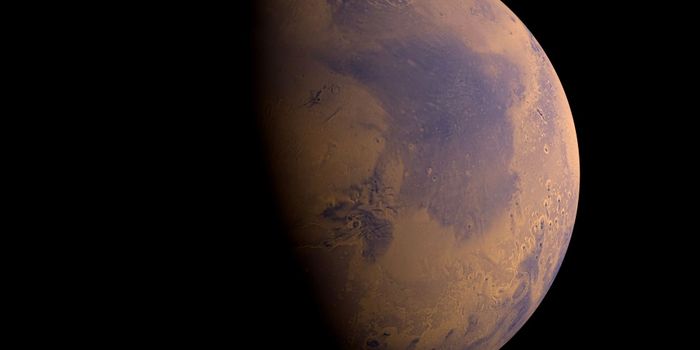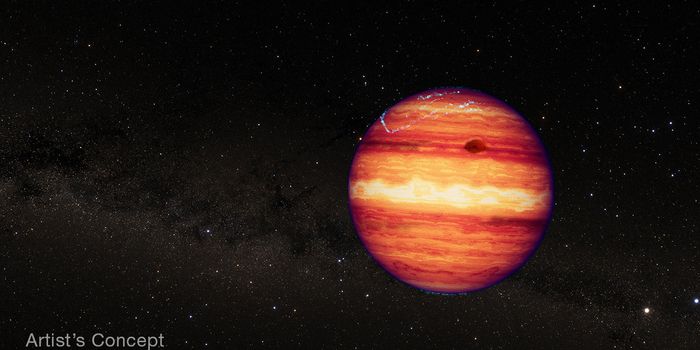Grad Student Highlights: Elijah Boardman (University of Nevada, Reno)
This interview series is focused on the graduate student experience across all STEM fields that allows them to get their research, or corresponding graduate coursework, out in front of a large global audience and share their experiences in graduate school. Our goal is to inspire the next generation of STEM students to pursue graduate studies for a myriad of disciplines, and we hope you enjoy reading these amazing stories! If you'd like to be featured in this series, feel free to send an email to laurence.tognetti@labroots.com, Subject Line: Grad Student Highlights Interest!
Elijah Boardman is a 2nd-year Hydrology PhD student in the Graduate Program of Hydrologic Sciences at the University of Nevada, Reno (UNR). This comes after earning a Bachelor of Arts in Environmental Earth Sciences and Physics in 2021. He is a recipient of the prestigious National Science Foundation Graduate Research Fellowship Program (GRFP), which is currently being used to fund his research studying the mountain water cycle focusing specifically on the convergence between physical hydrological processes with water management and policy. Both his background and a more in-depth view into his research can be found at his website: https://mountainhydrology.com/.
“I grew up in Colorado, and always spent lots of time in the mountains, where I became intimately familiar with the components of the mountain water cycle,” said Boardman. “In school, I was always drawn to physics, as it offered mathematically concise ways to describe complex real-world phenomena, and I'm attracted to the abstraction and explanatory power of the physical sciences. As part of an undergraduate introductory hydrology course, I conducted a series of daily stream measurements and used some of the mathematical theory I had learned in physics to quantify the role of lakes in buffering streamflow pulses. I really enjoyed the way that hydrology combines fieldwork and real-world observations with mathematical abstraction to describe complex systems (like a creek) in simple, meaningful terms.”
After working on several hydrology projects during his undergrad at Dartmouth, Boardman said he wanted to journey deeper into the field, saying his advisors were very supportive of his research interests, and he even started his Senior Thesis during his junior year which allowed him to graduate a year early, earn the prestigious GRFP, and get accepted into UNR.
“I knew I wanted to study water in the western mountains with a mix of rigorous physical science and management analysis,” said Boardman. “For hydrology, it's important to be part of a program that is reasonably close to the region you want to study, because besides having access to fieldwork, it's important to form connections with other scientists studying the same places. My advisor, Dr. Adrian Harpold, specializes in the sort of research I wanted to do, and I was lucky enough that the timing worked out well: I joined a fieldwork trip with my new lab group only a few days after graduation! The hydrology program at UNR is an awesome place to work because it's set up as an interdisciplinary program, so we have colleagues and collaborators working in diverse fields from geological engineering to aquatic biology to environmental policy.”
In terms of grad school, Boardman believes one of the primary challenges for graduate students in the field of Earth sciences, specifically hydrology, is the ability to turn their research into litigation for policymakers, managers, and stakeholders.
“Everyone agrees that water is important, and it's becoming increasingly difficult to manage effectively in many parts of the world, but sometimes it's difficult to form direct connections between the papers we write and the decisions that have to be made in the real world,” Boardman explains. “That's why I think it's really important to dialogue with peers from a wider range of disciplines to learn what questions might actually be relevant to decisionmakers and how we can effectively study and communicate results around actionable problems. The entire discipline of hydrology seems to be shifting towards a more holistic approach to physical science that includes a lot of outreach and interdisciplinary collaboration, which makes it an exciting time to be part of the field.”
After completing his PhD, Boardman wishes to continue working on bridging the gap between process and policy, saying his goal is to have a career as an independent research consultant to assist in advancing the field hydrological sciences and its relevance to human communities. As part of his current research project, Boardman has been working with both State and Tribal agencies in hopes of installing real-time stream gauges to answer hard-science questions relating to snowmelt behavior and management-oriented questions pertaining to water availability.
“I enjoy the process of iteratively refining research goals in dialogue with collaborators from scientific and management backgrounds, and I hope to continue working in that area,” said Boardman. “Ultimately, I'd like to work as a private research contractor and "ideas person" for water management agencies and stakeholder advocacy groups. I hope to use the tools of process-based science to help communities become more resilient in the face of climate change, help managers optimize operations in the face of uncertain water availability, and help policymakers balance the value of competing demands.”
As always, keep doing science & keep looking up!




